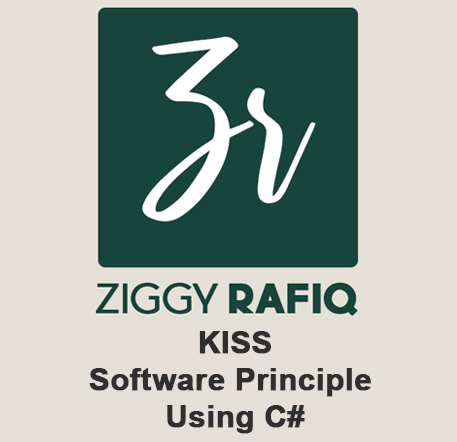KISS Software Principle Using C#
The KISS principle is based on the idea that simplicity
leads to better software. Simple software is easier to write, test, debug, and
maintain than complex software. Additionally, simple software is easier for
users to learn and use, leading to higher user satisfaction.
In practice, following the KISS principle involves designing
and implementing software that is focused on meeting the essential
requirements, avoiding unnecessary complexity, and prioritizing simplicity over
novelty. This can be achieved by breaking down complex problems into smaller,
more manageable parts, using familiar and well-understood design patterns, and
writing clear, concise code, and easy to read.
Overall, the KISS principle encourages software developers to
prioritize simplicity over complexity, leading to more robust, efficient, and
user-friendly software.

Comments